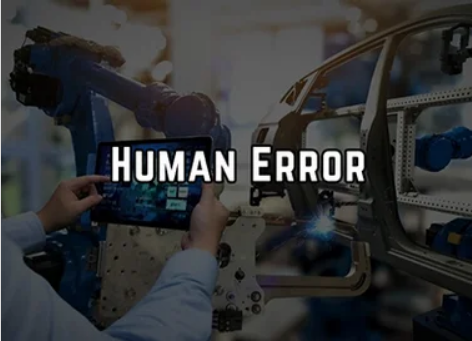Human Error and Management Systems – Designing Errors Out
🎤 Dr. Ginette Collazo | 📅 September 27, 2022 | 🕒 11 AM Eastern Time US
  | Areas Covered in the Session :
|
Description
If you work in the GMP regulated industry, you not only need to address human error deviations because they are an inconvenience, but you must also do it because the regulation requires it. The CFR – Code of Federal Regulations Title 21 Subpart B_Organization and Personnel Sec. 211.22 talks about the “Responsibilities of the quality control unit.” and it states that “(a) There shall be a quality control unit that shall have the responsibility and authority to approve or reject all components, drug product containers, closures, in-process materials, packaging material, labeling, and drug products, and the authority to review production records to assure that no errors have occurred or, if errors have occurred, that they have been fully investigated.”
Human Error is NOT a root cause. Human errors start at the design stage. Many variables that affect human behavior can be controlled by procedures, training, workplace environment, and more importantly, MANAGEMENT SYSTEMS, reducing the likelihood of these occurrences. To work with these challenges, it is essential to understand human behavior and the psychology of error and implement a process exclusively dedicated to investigating and “fixing” these problems. This course offers practical approaches and models to address human performance issues in GMP-related environments by using a particular methodology to correct, prevent and avoid the reoccurrence of these matters.
Why You Should Attend:
We need to be able to explain human behavior. Did the human fail because process weaknesses set them for failure? Do procedures provide all information and clearly indicate critical steps and warnings or cautions associated with steps? Do systems work for manufacturing, or is it the other way around? These are all tough questions to ask, but most importantly, to answer. This training would provide tools to implement and use after this event. These include practical tools. We will discuss human error categories, near root causes, and root causes for these events. We will discuss the latest trends in human error issues in the industry
- Understand the psychology of error
- Organizational factors and programmatic issues
- Regulatory requirements in GMP environments for managing human performance issues
- Management Systems Root Cause Analysis
- Root Cause Determination Tool
- Establish the Human Error Rate at your site
- Implementing the program
- Metrics and KPIs
Who Should Attend:
- Training managers and coordinators
- Operations
- Manufacturing
- Plant engineering
- QA/QC staff
- Process excellence/improvement professionals
- Industrial/process engineers
- Compliance officers
- Regulatory/legislative affairs professionals
- General/corporate counsel
